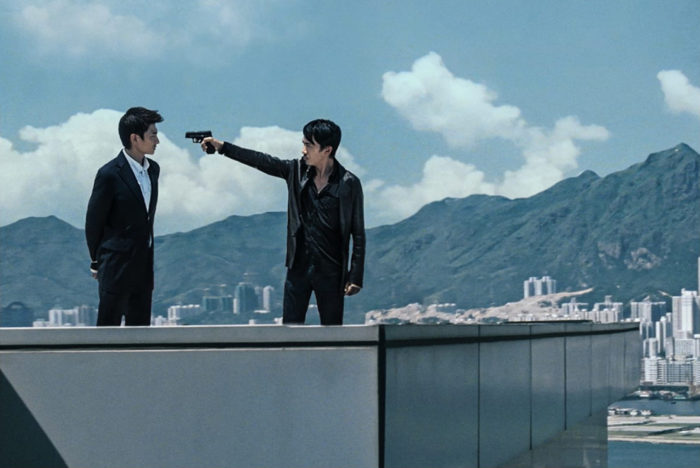
One of my guiding principles in life comes from John Hodgman, who after toying with this idea for years laid it out in his book Vacationland:
Nostalgia to be a toxic impulse. It is the twinned, yearning delusion that (a) the past was better (it wasn’t) and (b) it can be recaptured (it can’t) that leads at best to bad art, movie versions of old TV shows, and sad dads watching Fox news. At worst it leads to revisionist, extremist politics, fundamentalist terrorism, and the victory-in Appalachia in particular-of a narcissist Manhattan cartoon maybe-millionaire and cramped-up city creep who, if he ever did go up to Rocky Top in real life, would never come down again.
But even Hodgman admits that nostalgia feels good. So I’ll come out and boldly admit: there’s a lot of Eighties and Nineties a e s t h e t i c that I’m really into. Movies like Chungking Express and shows like ER really tap into that for me. I know I wouldn’t like going back to a world without smart phones or our beloved AI overlords (please spare me) but it’s fun to look at. And while I’ve tried to kind of embrace that in an attempt just to feel good, there’s another idea I’ve been toying with lately. And that is that I have no nostalgia for the 2000s. In fact, as Infernal Affairs reminded me, this aesthetic sucked.
Continue reading →










